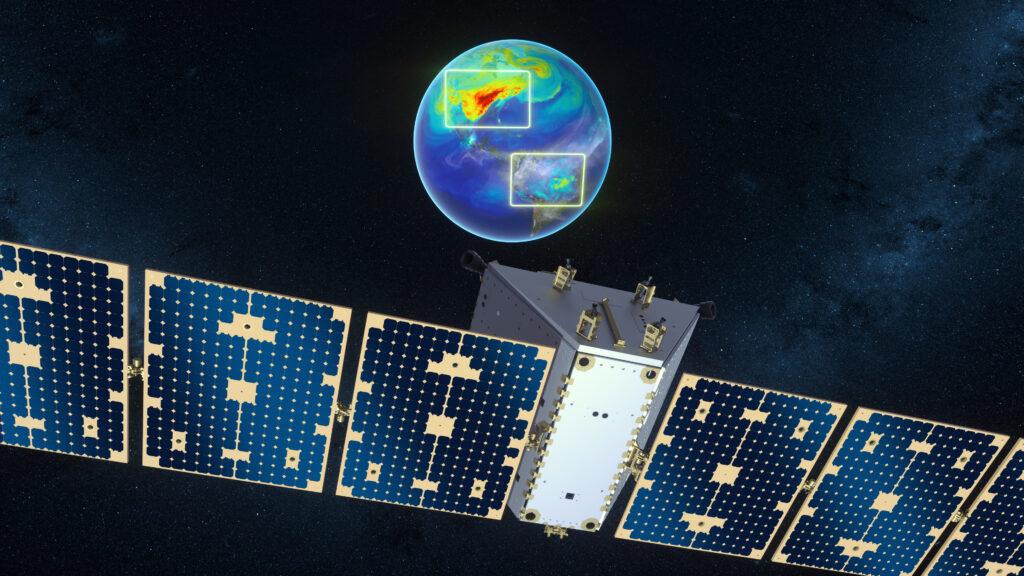NASA announced the cancellation of the GeoCarb mission, which was supposed to monitor greenhouse gases. The reasons for this decision were significant cost overruns, as well as the lack of a way to get into orbit.

The GeoCarb mission received the green light in 2016. Within its framework, NASA planned to launch a set of scientific instruments into geostationary orbit in order to measure the concentration of carbon dioxide, carbon monoxide, methane and other greenhouse gases over North and South America.
Initially, the mission estimate was valued at USD 170 million, its launch was scheduled for 2022. GeoCarb was supposed to go into space as a payload on one of the commercial communications satellites. However, in the winter of 2022, NASA had to cancel this plan due to the lack of suitable spacecraft in the coming years.
After that, NASA changed its strategy and began studying the issue of turning GeoCarb into a full-fledged satellite that could be launched on a commercial rocket. Unfortunately, based on the results of the analysis, the organization decided to cancel the project. The main reason was called cost overruns. According to experts, the launch and maintenance of GeoCarb would require an amount exceeding USD 600 million. Therefore, NASA decided to cancel the mission — and this despite the fact that USD 173 million had already been spent on it.
NASA intends to extend the service life of the Carbon Observatory 3 instrument installed on the ISS, conduct more aerial observations, and also reach agreements on the use of data collected by commercial satellites to compensate for the cancellation of GeoCarb. In the future, NASA plans to develop a project for a new, less financially risky mission that will monitor greenhouse gases.
You can also read about how NASA can save the European ExoMars mission.
According to https://spacenews.com
Follow us on Twitter to get the most interesting space news in time
https://twitter.com/ust_magazine

